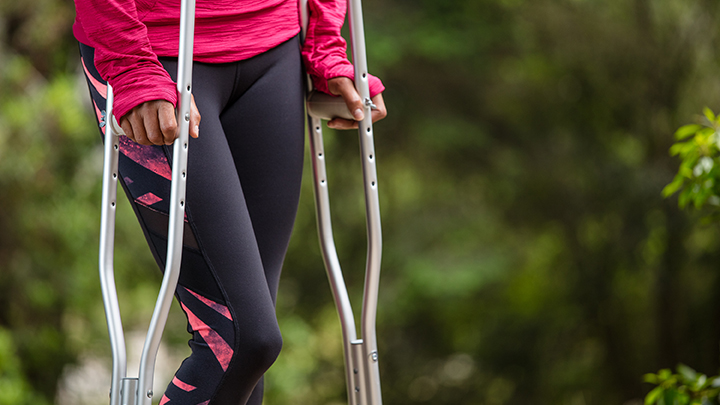

Approximately 10,000 elective hip and knee replacements are performed each year in Alberta. Since 2010, the Hip and Knee Working Group has brought together Zone and clinical leaders, arthroplasty teams and stakeholders from across the province to improve care for patients undergoing hip and knee replacement.
Partnering with us is the Alberta Bone and Joint Health Institute (ABJHI), a private charity that provides supports such as data management and research services and quality improvement strategy (project management, change management and stakeholder engagement).
This provincial program aims to standardize, implement and improve evidence-based clinical practices to deliver the best possible care for hip and knee arthroplasty patients in Alberta.
It includes a provincially standardized care path (from referral intake to post-op follow-up), patient-centred case management, and comprehensive measurement framework, with some of the richest data on quality available in the country.
Learn more about outcome improvement, major milestones, and what’s next:
Together with AHS Zones, the Hip & Knee Working Group has created scorecards that measure quality of care and provide feedback to health care providers to support continuous improvement.
This project has helped find new ways to be efficient and provide better care to patients, and to measure the impact of these changes. After just 3 years, this work led to estimated savings of 32,200 bed days, valued at more than $22 million for Alberta’s health care system.
The SCN is committed to continuing to improve the model of care for Albertans with osteoarthritis, ensuring support and evidence-based, patient-centred care and best practices. The work spans the continuum of care from screening and prevention to self-management, community-based care and education, system supports and enhanced, multidisciplinary assessment and care, including surgical treatment.
Osteoarthritis is the most common form of arthritis. It’s estimated that 1 in 4 Albertans will live with osteoarthritis by 2040. People with osteoarthritis experience joint pain and often have difficulty performing day-to-day tasks.
This education and exercise program helps people with hip and knee osteoarthritis stay active and live well. It teaches participants how movement and exercise can help manage pain, and supports patients who experience joint pain as they start to exercise.